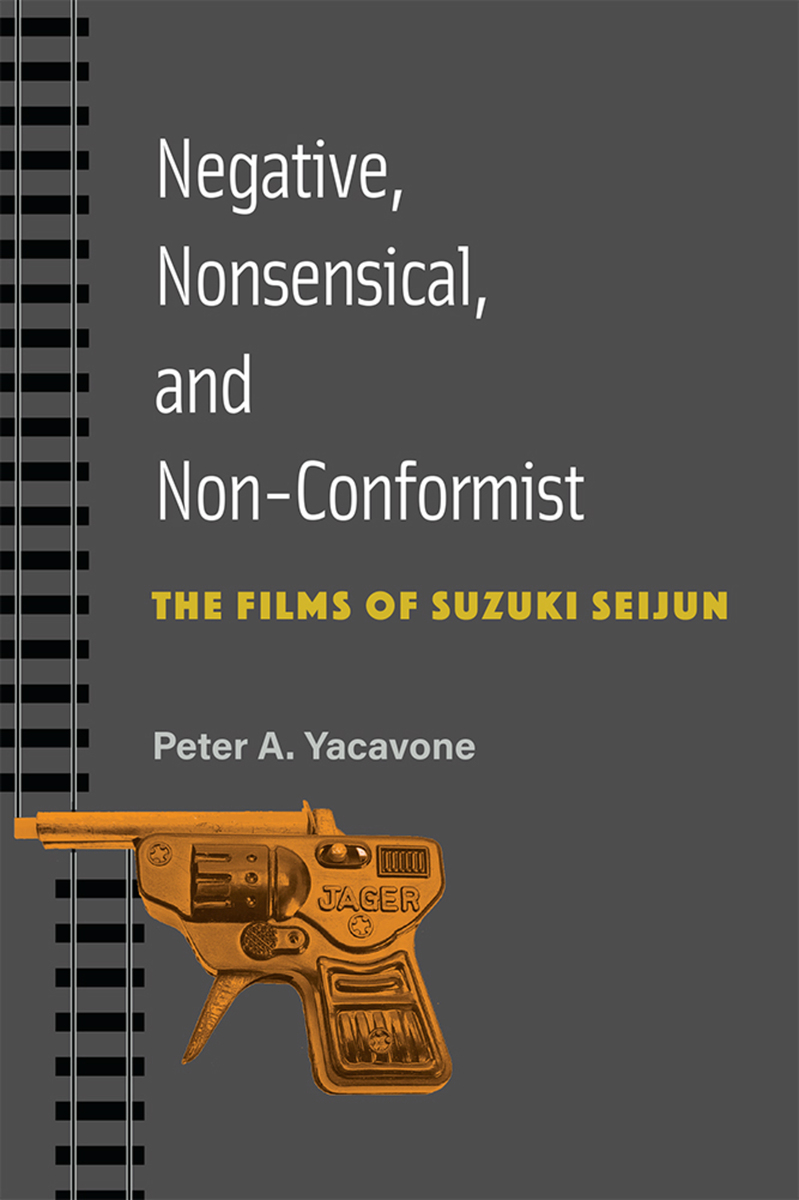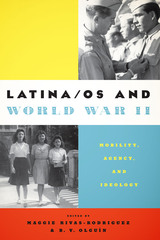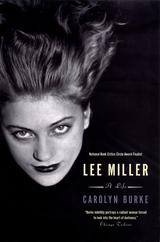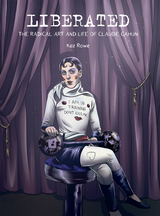Negative, Nonsensical, and Non-Conformist: The Films of Suzuki Seijun
University of Michigan Press, 2023
Cloth: 978-0-472-07570-6 | Paper: 978-0-472-05570-8 | eISBN: 978-0-472-90347-4 (OA)
Dewey Decimal Classification 791.430233092
Cloth: 978-0-472-07570-6 | Paper: 978-0-472-05570-8 | eISBN: 978-0-472-90347-4 (OA)
Dewey Decimal Classification 791.430233092
ABOUT THIS BOOK | AUTHOR BIOGRAPHY | REVIEWS | TOC | REQUEST ACCESSIBLE FILE
ABOUT THIS BOOK
In the late 1950s, Suzuki Seijun was an unknown, anxious low-ranking film director churning out so-called program pictures for Japan’s most successful movie studio, Nikkatsu. In the early 1960s, he met with modest success in directing popular movies about yakuza gangsters and mild exploitation films featuring prostitutes and teenage rebels. In this book, Peter A. Yacavone argues that Suzuki became an unlikely cinematic rebel and, with hindsight, one of the most important voices in the global cinema of the 1960s. Working from within the studio system, Suzuki almost single-handedly rejected the restrictive filmmaking norms of the postwar period and expanded the form and language of popular cinema. This artistic rebellion proved costly when Suzuki was fired in 1967 and virtually blacklisted by the studios, but Suzuki returned triumphantly to the scene of world cinema in the 1980s and 1990s with a series of critically celebrated, avant-garde tales of the supernatural and the uncanny. This book provides a well-informed, philosophically oriented analysis of Suzuki’s 49 feature films.
See other books on: Asian Studies | Criticism and interpretation | Films | Media Studies | Negative
See other titles from University of Michigan Press












